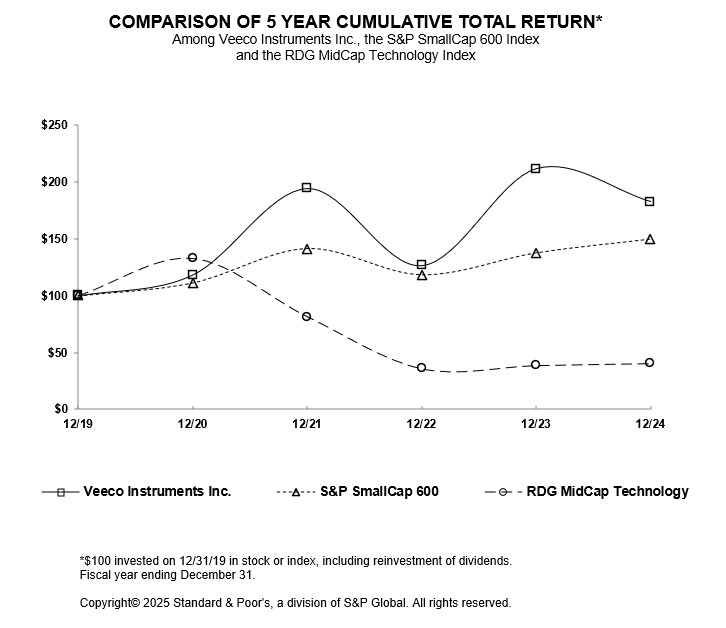a buyer regarding the businesses) and to ongoing obligations to support the businesses following such divestitures, any and all of which could adversely affect our financial condition and results of operations.
As a general principle, we seek to invest our capital in areas that we believe best align with our business strategy and will help optimize future returns. Our capital investments may not generate the expected returns or hoped-for results. We may not be able to obtain desired grants, investment tax credits, or other governmental incentives, such as funding through the U.S. CHIPS and Science Act of 2022. Significant judgment is required when assessing and selecting capital investments, and we could invest in projects that are ultimately less profitable than other projects which we do not select, ultimately harming our business, results of operations and financial condition.
We are exposed to various risks associated with global regulatory requirements.
As a public company with global operations, we are subject to the laws of the United States and multiple foreign jurisdictions, and the rules and regulations of various governing bodies, which may differ among jurisdictions. We are required to comply with legal and regulatory requirements pertaining to such matters as data privacy, anti-corruption, labor laws, immigration, accounting standards, financial disclosures, taxes, cybersecurity, customs, trade, corporate governance, conflict minerals, and antitrust regulations, among others. In addition, we are required to comply with laws and regulations pertaining to carbon emissions and other regulatory requirements addressing climate change concerns. These laws and regulations, which are ever-evolving and at times complex and inconsistent, impose costs on our business and divert management time and attention from revenue-generating activities. Changes to or ambiguities in these laws and regulations may create uncertainty regarding our compliance requirements. While we intend to comply with these regulatory requirements, if we are found by a court or regulatory agency to have failed in these efforts, our business, financial condition, and results of operations could be adversely affected.
Risks Related to Intellectual Property and Cybersecurity
Disruptions in our information technology systems or data security incidents could result in significant financial, legal, regulatory, business, and reputational harm to us.
We are increasingly dependent on information technology systems and infrastructure, including mobile technologies, to operate our business. In the ordinary course of our business, we collect, store, process and transmit significant amounts of sensitive information, including intellectual property, proprietary business information, personally-identifiable information of individuals, and other confidential information, including that of our customers and other business partners. It is critical that we do so in a secure manner to maintain the confidentiality, integrity, and availability of this sensitive information. We have also outsourced elements of our operations (including elements of our information technology infrastructure) to third parties, and as a result, we manage a number of third-party vendors who have access to our computer networks and our confidential information.
All information systems are subject to breach and disruption. Potential vulnerabilities can be exploited from inadvertent or intentional actions of our employees, third-party vendors, business partners, or by malicious third parties. Attacks of this nature are increasing in their frequency, levels of persistence, sophistication, and intensity, and are being conducted by sophisticated and organized groups and individuals with a wide range of expertise and motives (including industrial espionage), including organized criminal groups, nation states, and others. In addition to the extraction of sensitive information, attacks could include the deployment of harmful malware, ransomware, or other means which could affect service reliability and threaten the confidentiality, integrity, and availability of information. These risks have been exacerbated by an increase in employees working from home, global conflicts and geopolitical tensions (including increasing tension between the U.S. and China governments), and by the possible use of AI to directly attack information systems with greater speed and efficiency than human bad actors.
We have experienced, and our third-party providers have experienced, cybersecurity attacks, some of which have been, and may continue to be, successful. Significant disruptions in our information technology systems (or those of our key suppliers, contract manufacturers, distributors, sales agents and other partners) or other data security incidents could adversely affect our business operations and result in the loss or misappropriation of, and unauthorized access to, sensitive information. Future or ongoing disruptions or incidents, whether from attacks on our technology environment
